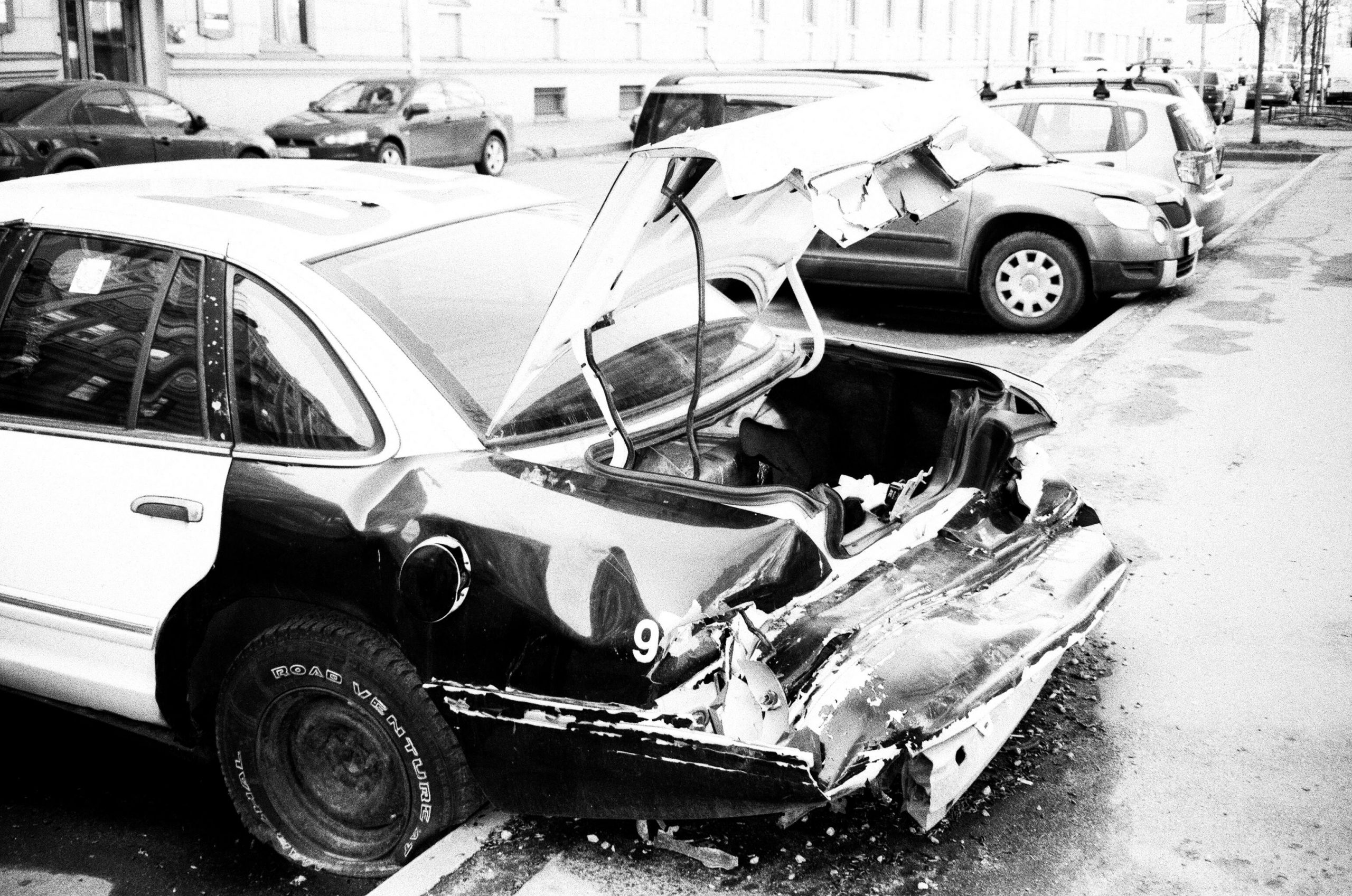Car accidents can escalate quickly – even when you’re certain the incident wasn’t your fault. Disputes over liability in car accidents are extremely common, and without the right evidence, you could find yourself in a lengthy court battle.
At Lacey Solicitors, with offices in Belfast and Dublin, we are trusted by major insurers to defend policyholders against unfounded or exaggerated claims. From minor bumps to high-value road traffic accidents, our role is to ensure the facts are presented clearly and effectively so you are not held liable for something you didn’t cause.
Why Liability Disputes Are So Common
After a collision, drivers often remember events differently. Sometimes this is due to shock or stress but in other cases, it’s because one party is consciously trying to shift blame.
Too often we hear “it’s obvious” or “the facts speak for themselves,” but courtrooms rely on evidence, not assumptions. If it becomes one driver’s word against another’s, the risk of being found partially or fully at fault increases significantly.
The Actions That Can Make or Break Your Defence
Our experience is that the groundwork for a successful defence starts immediately after the accident. Whether it’s a roundabout accident in Dublin city centre or a accident on a country road in rural Ballymena, the steps you take in the hours after an incident can determine whether your case is an open-and-shut defence – or a drawn-out legal battle.
Early preparation can:
- Shorten the claims process
- Prevent unfair liability findings
- Identify the true cause of the accident
- Reduce the risk of ongoing or repeat incidents
How Technology Can Protect You Before and After an Accident
Modern tools like dashcams, GPS telematics, and driver-monitoring systems are game-changers for defending against disputed claims.
Telematics – Hard Data That Wins Cases
Vehicle tracking systems can provide:
- Exact location and time of impact
- Vehicle speed before the collision
- Braking and acceleration patterns showing evasive action
- Force and direction of impact, clarifying fault
This objective data often carries more weight than witness testimony in court.
Case Study: Amazon Vehicle Crash and Telematics Data
We recently defended a well-known Northern Ireland logistics company delivering Amazon parcels. Their van collided with another vehicle on a narrow country road. Both drivers insisted they had stopped before the collision and blamed the other.
Without independent witnesses, such cases are often settled on a “split liability” basis to avoid risk. However, telematics from our client’s van told a different story – showing the vehicle was completely stationary for several seconds before the impact.
At Laganside Courthouse in Belfast, the judge accepted our telematics evidence, dismissed the claim, and cleared our client of all liability.
Dashcams – Visual Proof That Speaks for Itself
While telematics give numerical data, dashcams provide visual confirmation. Useful features include:
- Front-facing cameras for events ahead
- Rear-facing units for incidents from behind
- Driver-facing cameras to show attentiveness
- AI-enabled alerts for distraction or fatigue
Dual-lens systems that also video the driver can also help us if an allegation was made that our driver indicated misleadingly or flashed another driver out, which might otherwise be difficult to contest.
Taking Photos at the Scene – And Why Geo Data Matters
If it’s safe to do so, taking photographs at the scene of an accident is one of the most effective ways to protect yourself in a liability dispute. Photos can capture road layout, positioning, registration numbers, vehicle damage, weather conditions, and even skid marks.
What many people don’t realise is that modern smartphones attach ‘geo data’ to every picture taken. This hidden metadata often includes:
- Exact GPS location
- Date and time the image was taken
- Device information
This embedded information can be as valuable as the image itself in clarifying the circumstances of an accident.
Disputes Over Liability in Car Accidents and Geo Data
In a recent case, our opposition supplied images of their client’s vehicle allegedly taken by their client a day or two after the accident, showing no visible damage. The defendant used these images to deny liability.
However, when we examined the geo data, it revealed the photos had actually been taken eight months after the accident – well after repairs had been carried out. When we inspected the vehicle in person, it was clear that the panels had been replaced.
The court accepted that the photographs had been misleading, and our client’s defence was significantly strengthened.
Reporting the Matter to the Police – Why It May Help Later
In Northern Ireland, the police will generally only attend a road traffic collision where someone is injured or there is a risk to other road users. However, even if the police are not required at the scene, reporting the incident can be invaluable if a legal dispute arises later.
When you report a collision, you will be given a crime or incident reference number. While this may seem a small detail at the time, it can become a crucial piece of evidence in court proceedings or insurance disputes.
There are many situations where police involvement becomes important further down the line.
Having a formal record with the police strengthens your position, showing you acted transparently and responsibly from the outset.
Fast FNOL Reporting – Why Speed Matters
First Notification of Loss (FNOL) means informing your insurer as soon as a collision happens. Quick reporting helps:
- Preserve fresh evidence
- Stop the other side controlling the narrative
- Begin cover assessment immediately
- Launch the claims process without delay
Some telematics systems can automatically alert your insurer within minutes, ensuring they can act before the other party’s allegations gain ground.
Standing Firm Against Fraud
False or exaggerated claims are a constant issue for insurers. Clear video, photographic, and tracking data can:
- Expose fraudulent allegations
- Speed up dispute resolution
- Avoid unnecessary payouts
This is why insurers across Ireland turn to Lacey Solicitors when they need an insurance defence solicitor who understands both the law and the latest technology.
Why Choose Lacey Solicitors for Disputes Over Liability in Car Accidents
When your reputation, finances, and driving record are on the line, you need more than just legal knowledge – you need decisive action backed by evidence. We:
- Secure and analyse crucial evidence without delay
- Use modern technology to strengthen your defence
- Protect you from legal and financial harm
If you’re facing legal proceedings after a road traffic accident in Ireland or Northern Ireland, contact Lacey Solicitors today using our Online Portal. We’ll ensure the facts are heard and your case is defended appropriately.

















